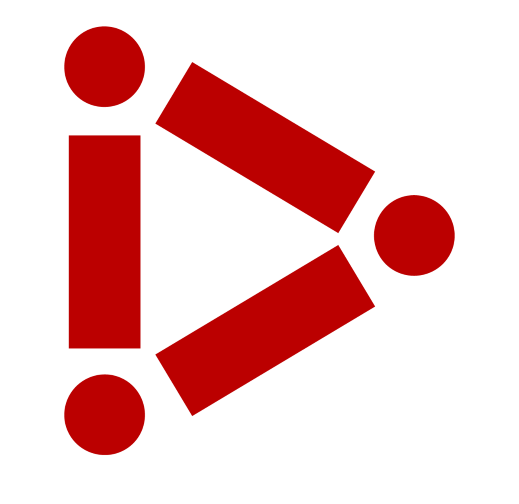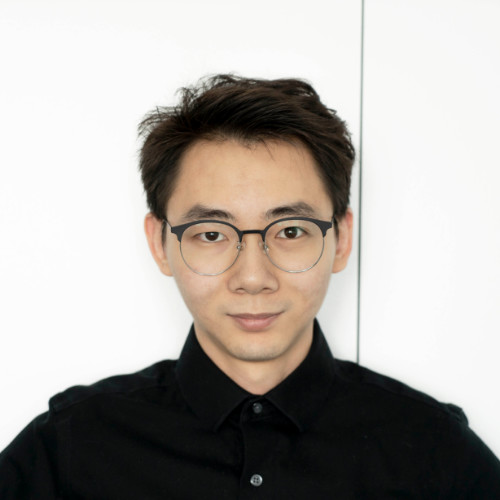Alumni Spotlight - Hua Fan (MIIPS '18)
Senior Designer, McKinsey & Company
Industry: Management Consulting
iii: Why did you enroll in the MSSM Program?
I wanted to step outside my design bubble and learn more disciplines and real-life problem solving.
I came from an interaction design background. As an undergrad, I thought from just the screen perspective: How does the app solve the problem? Information technology is growing so fast, but it doesn’t mean it is the only field to leverage.
When I considered graduate school, I knew I didn’t have a well-rounded toolkit to design solutions. I could only do some UI and didn’t know the physical or business sides. So that’s the main reason: MIIPS is a combination of all three disciplines. I came from one, and I wanted to learn the other two. It’s important for designers to understand the upstream and downstream.
iii: Tell us about your career trajectory since graduating in 2018.
I was interested in tech as any student is. We all dream about the tech giants; they’re the super stars and get all the attention. Consequently, many great companies have difficulty attracting students. In truth, I didn’t know about consulting until I got a response from my job application. That’s when I started to research it. It was a happy coincidence! Now, I hope more students will consider it.
When you think about a “consultant,” the stereotype is people in business suits who are traditional, old school, and making PowerPoints. Management consulting, though, is a representation of what the whole business world looks like. Consulting firms are becoming more agile and tech-driven. So while the problems may not always be “cool,” they’re still valuable to solve. It wasn’t a difficult decision between McKinsey and Big Tech. I felt equipped with the tools, knowledge, and language to design there and to create solutions that matter.
iii: So what type of design projects do you work on?
It really varies. A benefit of working in consulting is that you’re exposed to so many industries, and you’re always working on something new. It creates a sense of freshness. For example, I worked on a pharma project to help a wholesaler sell drugs more effectively, so patients receive their medicine on time. This problem wasn’t on my radar until this project.
New projects trigger my excitement. When I talk with my friends in corporate, one of the biggest complaints is that they’re stuck with something they don’t like – be it a boss, project, etc. In consulting, you might encounter something you don’t like or find boring. But there is an end. Of course, when you find something you’re really interested in, that project also ends.
iii: Why should students (and alumni!) consider working in your industry?
It is an opportunity to explore different industries and to be challenged. Most designers don’t stay in consulting; it’s a specific work style that doesn’t fit everyone. However, if you work in consulting, you are exposed to so many industries that you have a better chance of having completed work in a field of your choice.
iii: What surprised you about this field?
Well, it’s how big the world really is vs the limited scope I had in school, where I focused on maybe only five things. Then you graduate and start exploring. I didn’t know about the utility process for water treatment, impact of life insurance. Eighty percent of the world is these niche areas. So consulting has been a good knowledge-building experience.
iii: What most excites you about your work?
The ever-changing challenges to solve across multiple industries.
iii: What career advice do you have for students?
You don’t know what you don’t know. Expand your horizon! I remember a MIIPS career course assignment to put down 50 companies that you wanted to work for. Everyone one of us struggled to fill that list. You only know a top few because they’re the cool ones with all the attention and press coverage. It’s awesome if you can get into Big Tech, but most students, in general, are not the 5% who land those jobs. That doesn’t mean they don’t have value in the real world. That is your advantage: Explore, learn more, and cast your net wide.
iii: The Catch-All: What'd we miss that you'd like to share?
Encourage students to give themselves more credit. At CMU, my peers and I put ourselves under so much pressure – trying to get a job, excelling at our coursework, working overnight. But, we forgot what it took to get there, to even become a CMU student. When you leave school, you realize that what you cared about isn’t that important, e.g. GPA. No one cares about that. And you also no longer care because you’re in a different environment. So, first, acknowledge that you are doing a good job and then figure out your priorities, values, and interests.

